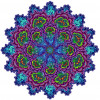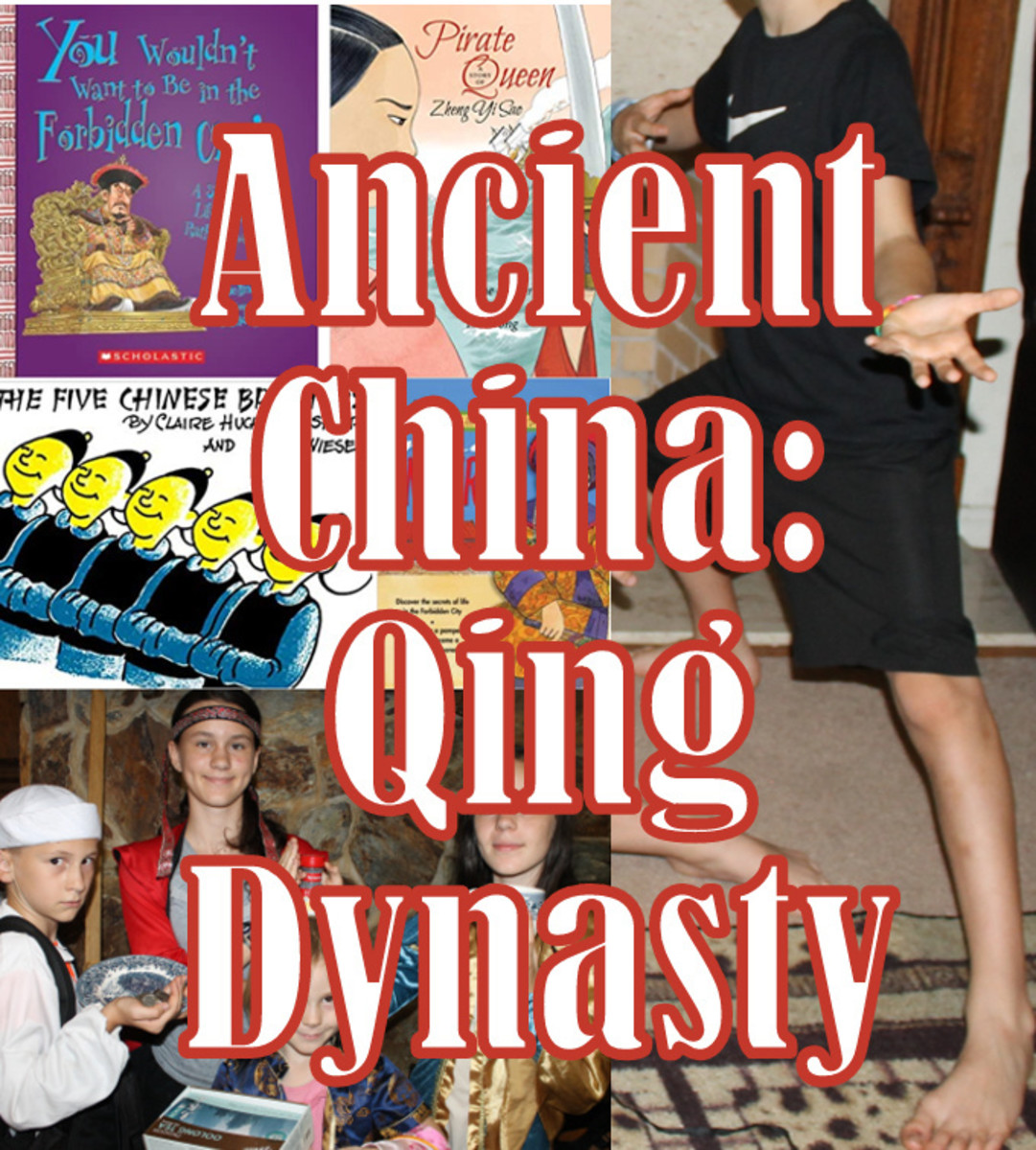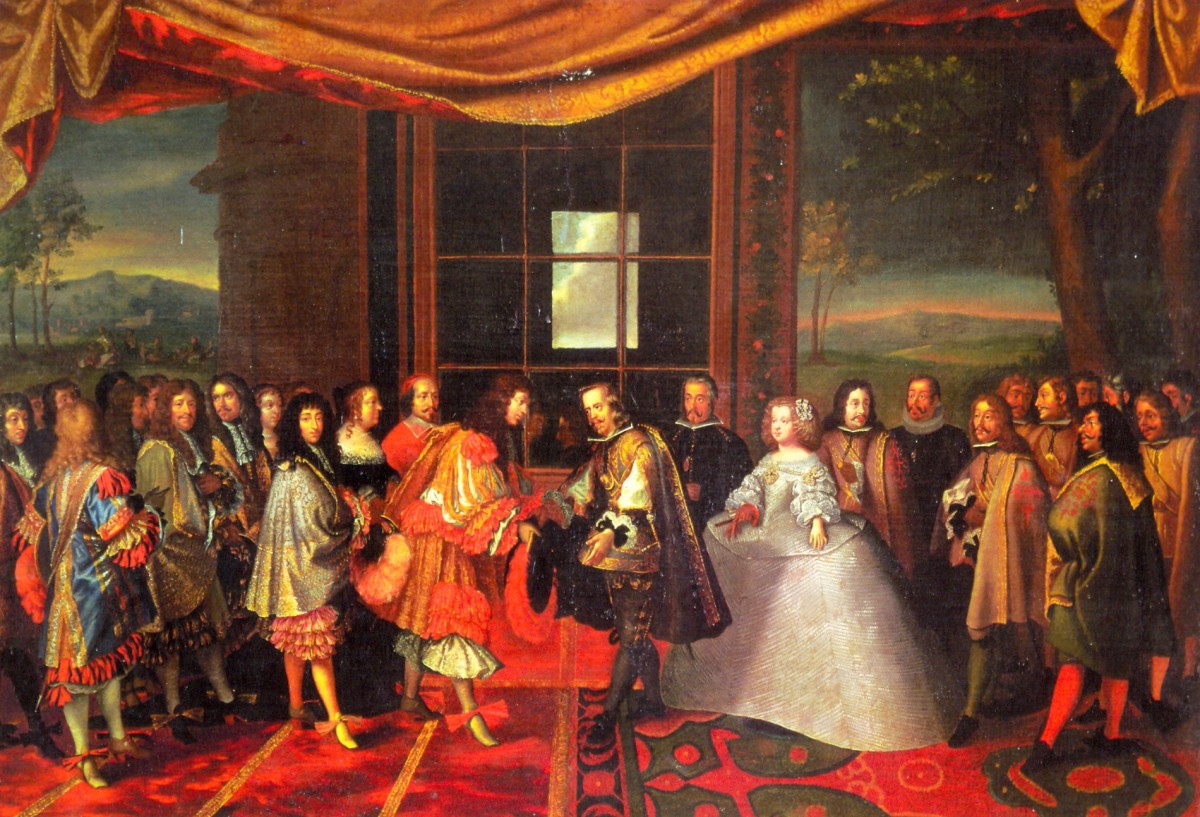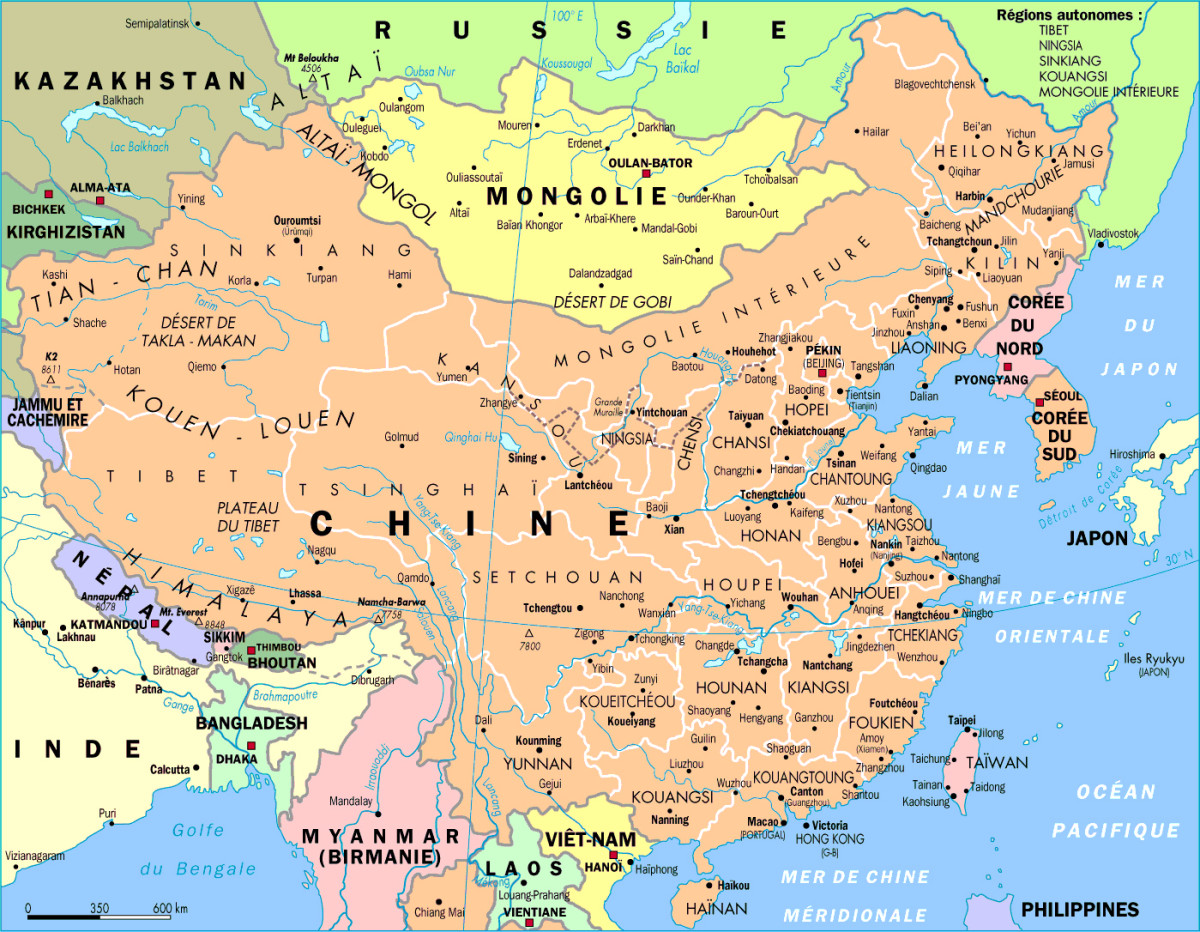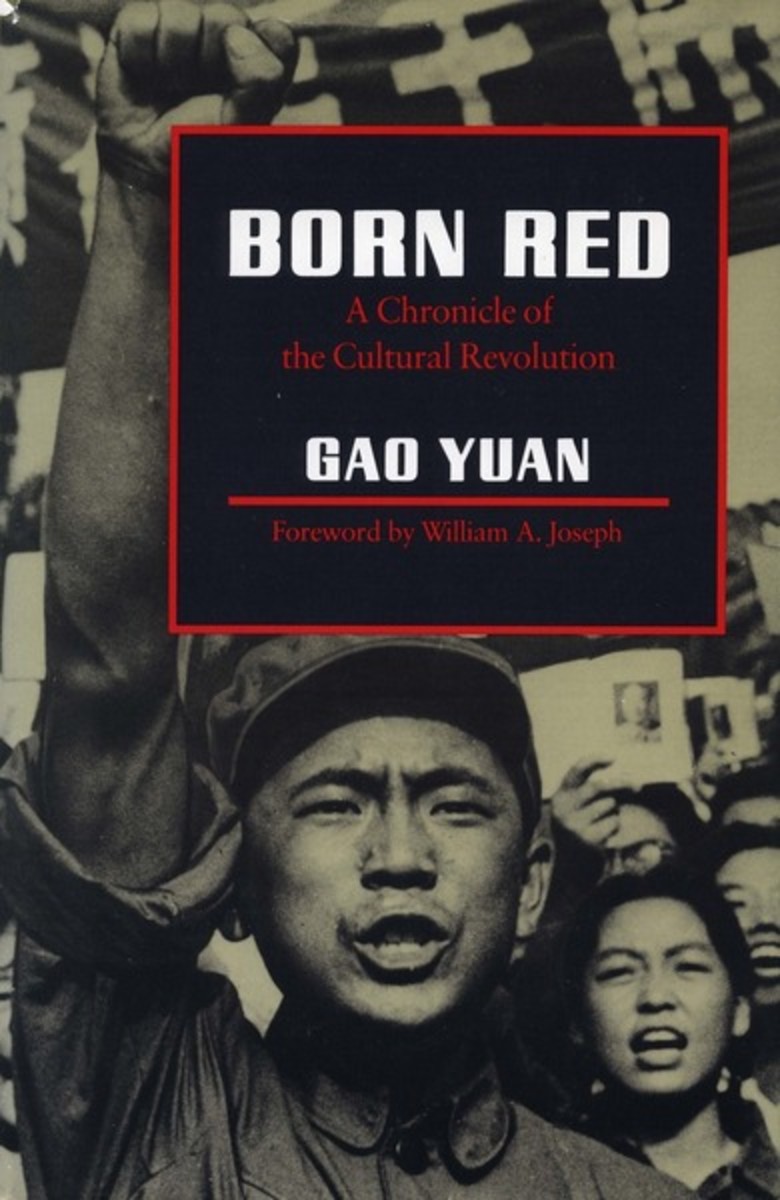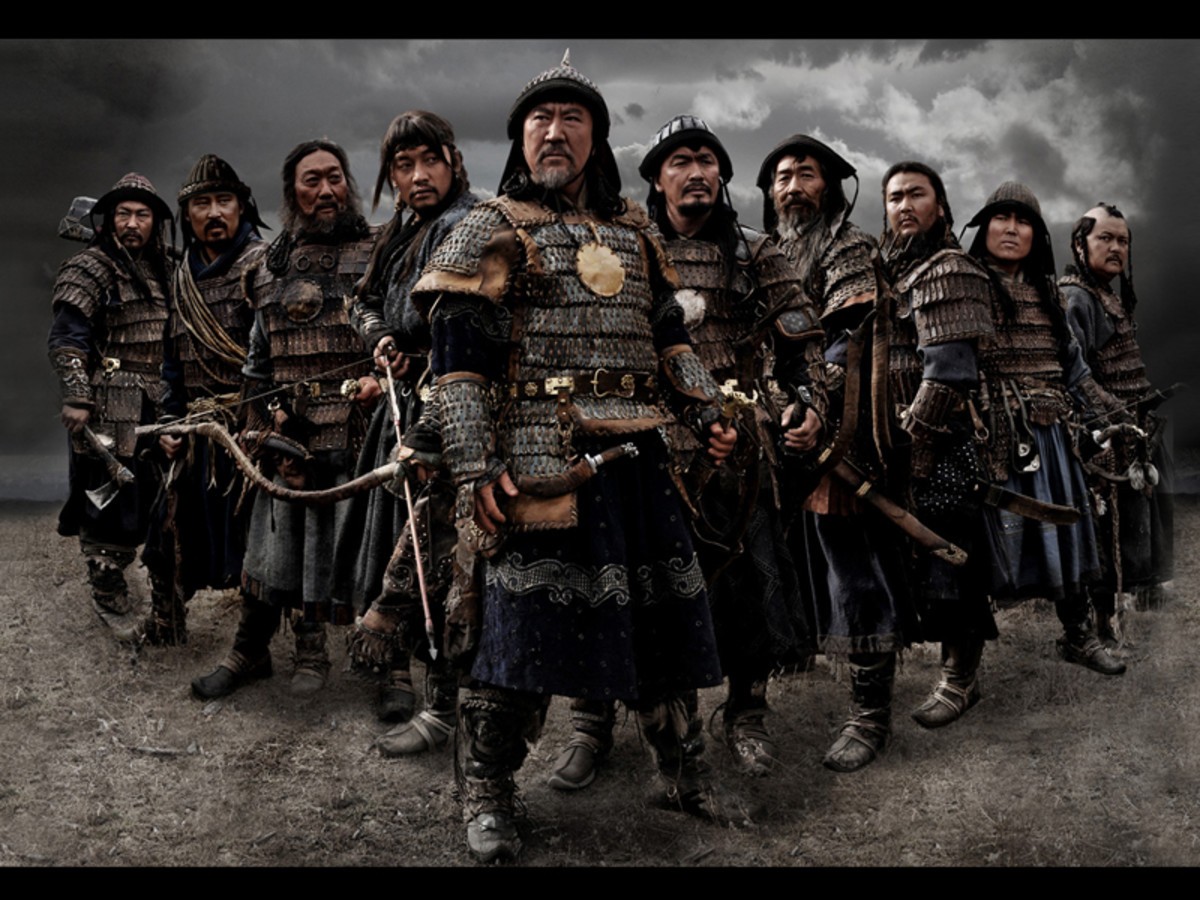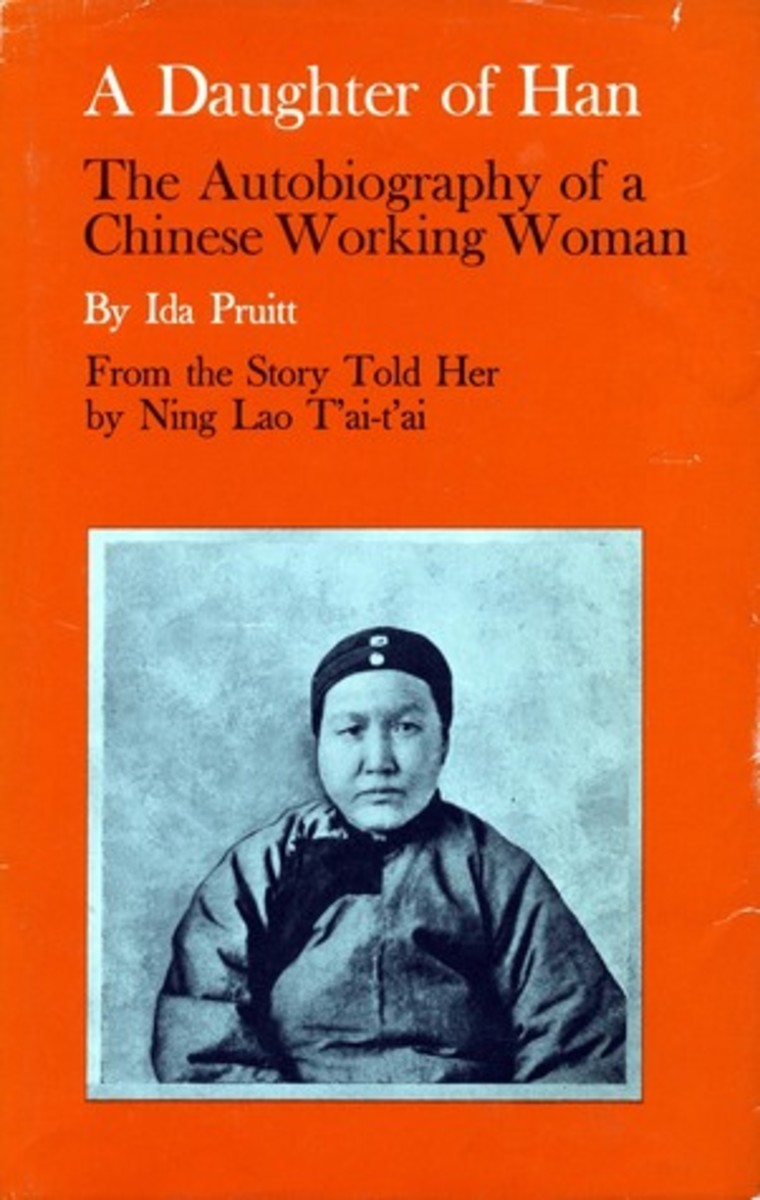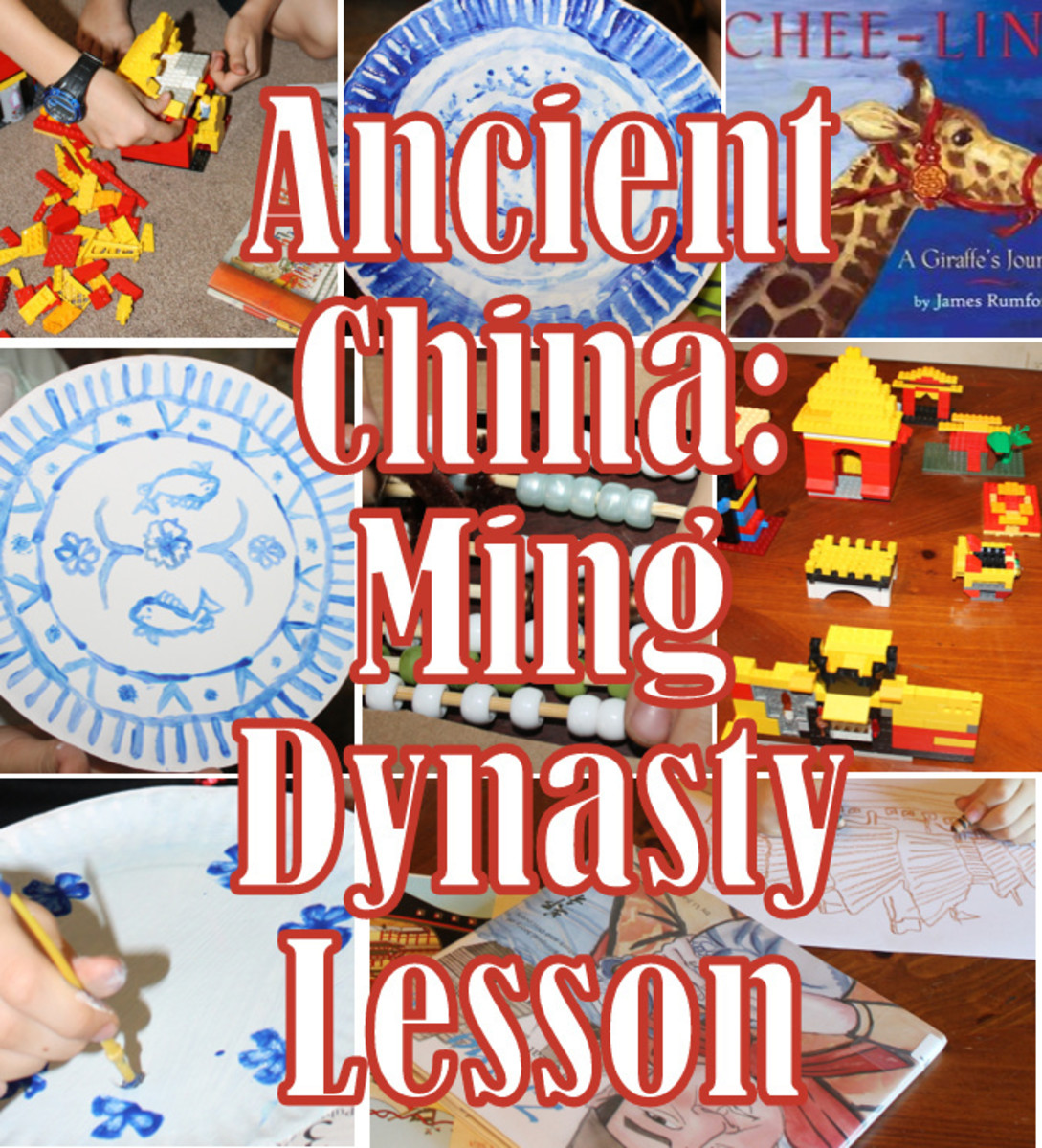- HubPages»
- Education and Science»
- History & Archaeology»
- History of Asia
China: The 1911 Revolution
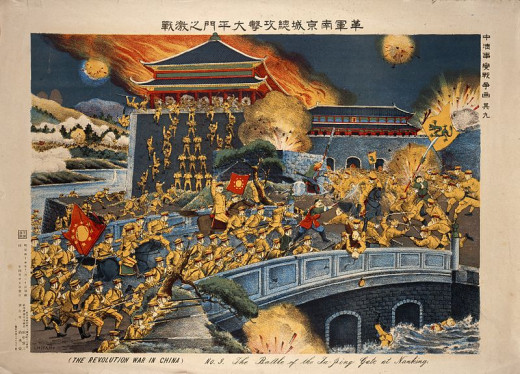
1911 Revolution "a Mistake"
On 9 October 1911,a revolutionary conspirator in the Yangzi port city of Wuchang enjoyed a cigarette while he and his comrades worked on some bombs and ammunition in their headquarters,a house in the Russian-leased area of the city.When an accidental explosion injured one of the men,the plotters fled,leaving behind a membership list and other documents,which the police soon discovered.The revolutionaries,whose plans for an armed rebellion had already been delayed more than once,now faced arrest and severe punishment.With nothing left to lose,they stage their uprising the next day,10 October.
This poorly planned local military uprising set off a chain reaction of rebellion that toppled the once-mighty Qing.The revolutionaries established a new country,the Republic of China,which replaced the Qing dynastic government and inherited Qing territory and international obligations:the unequal treaties,indemnities and foreign dept.But the leaders of the new Chinese republic were unable to establish a strong government or to transform the huge territory and disparate ethnic groups of the former Qing Empire into a cohesive nation-state.In its early years,the Republic of China endured the troubled presidency of Yuan Shikai (1859-1916),a former Qing official,from 1912 to 1916.After Yuan`s death the new country descended into a period of political turmoil from 1916 through 1927,in which hundreds of strongmen,or warlords,controlled their armies and territories and fought with each other in a constantly shifting pattern of enmities and alliances.
Although the 1911 Revolution failed to establish an effective government and did nothing at all to address rural poverty or other social issues,it did open the way for a period of intensified intellectual,cultural and social change.Musicians,artists,educators,and writers searched for the causes of China`s continued weakness and for ways to construct a robust modern Chinese national identity.Domestic and international events also contributed to the development of new ideologies and new,more effective forms of political organization.The revolutionaries of 1911 had not been members of s single,organized revolutionary movement,had no common ideology and had not even planned the events that became the 1911 Revolution.By 1926,China had not one but two relatively well-organized,disciplined revolutionary political parties:the Guomindang (National Party) and the much smaller Chinese Communist Party.Each had its own ideological vision of China`s future.One of them,the Guomindang ,also had its own army.
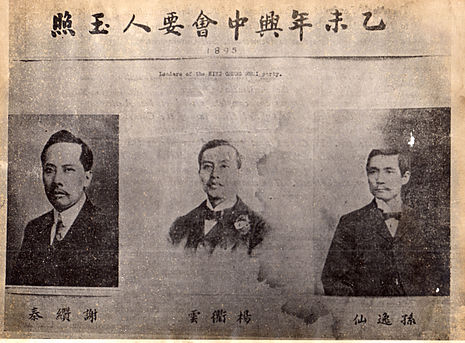
The Qing dynasty
The Qing dynasty, also Empire of the Great Qing, Great Qing or Manchu dynasty, was the last imperial dynasty of China, ruling from 1644 to 1912.
- Nurhaci reorganized and united various Jurchen tribes , consolidated the Eight Banners military system, and eventually launched an assault on the Ming China and Korea's Joseon Dynasty.
- The Kangxi Emperor was the fourth emperor of the Qing dynasty and was the great consolidator of the Qing dynasty.
- The reigns of the Yongzheng Emperor (1723–1735) and his son, the Qianlong Emperor (1735–1796), marked the height of Qing power. During this period, the Qing Empire ruled over 13 million square kilometres of territory.
In 1911,the Qing Empire was like a house full of gunpowder and bombs.A single spark in the wrong place would be enough to set off a catastrophic explosion.Tensions between the Han Chinese elite and their Manchu rulers had reached the breaking point.The new Policies had been intended,in part,to address this problem,but the elimination of the civil service examination and court`s attempts to create a modern,Manchu-dominated central government only fed the fires of anti-Manchu feeling.Even measures to create a constitutional system with elected local,provincial,and national assemblies led only to increased alienation of Han elites from the Manchu court.The National Assembly,composed of a hundred court-appointed members and a hundred representatives chosen from among the provincial assemblymen,,convened in Beijing on 3 October 1910.Here,too,the assemblymen`s ambitions ran counter to the court`s expectations.Prince Regent Zaifeng viewed the National Assembly as an advisory body whose suggestions he could accept or reject as he saw fit.They tried to impeach members of the Qing Grand Council for ignoring their recommendations,petitioned the court to convene a true parliament ,and demanded that Zaifeng appoint a cabinet.Prince Regent Zaifeng ignored the National Assembly`s denunciations of the Grand Council.
Sun was in Denver when a plot finally triggered the collapse of China`s imperial system.A bomb that accidentally exploded in the headquarters of the revolutionary group in Wychang led to a coup by the army officers fearful that their connections to the revolutionaries would be exposed.After taking over the city in less than a day,they telegraphed all provinces asking them to declare their independence.Within six weeks fifteen provinces had seceded.The court in desperation turned to its top general,Yuan Shikai (1859-1916).Rather than mount a military campaign ,Yuan negotiated with the revolutionaries,who,out of fear of foreign intervention,were willing to compromise.In the end agreement was reached to establish a republic with Yuan as president.The emperor would abdicate but he and his entourage would be treated well and allowed to keep much of their property.In February 1912,the last Qing emperor abdicated,and in March Sun Zhongshan,back in China,issued a provisional constitution.
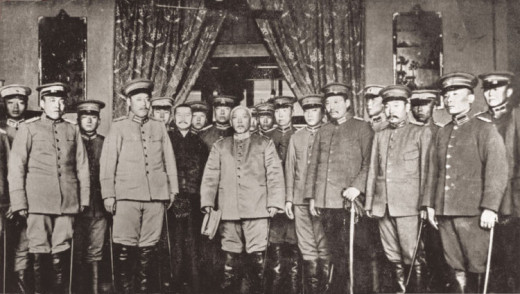
The speed with which the Qing was ousted is evidence of how much Chinese society had changed since the Taiping rebellion when the educated class had rallied behind the throne.Forced to look after their own interests,local elites increasingly found themselves in opposition to the state.Merchants,now frequently organized into chambers of commerce,were more actively engaged in running the cities in which they lived.By the beginning of the century,both rural and urban elites shared the revolutionaries` zeal for modernization and reform,even if for different reasons.
The new republican government never really got off the ground.The attempt to co-opt Yuan Shikai and his army proved a total failure.Parliamentary elections were held,but in 1913 the National Party (the successor to the Revolutionary Alliance) succeeded in winning more than half of the seats,Yuan showed he had never become a constitutionalist by ordering the assassination of the key Nationalist organizer,Song Jiaoren.Local elites had never approved Yuan`s concentration of power at the centre,and six provinces promptly declared their independence.Yuan successfully used military force against them,thus establishing himself as a military dictator.In late 1915 he even announced that he would become emperor on 1 January,1916.This action aroused enormous protest,which ended only when Yuan died unexpectedly in June 1916.
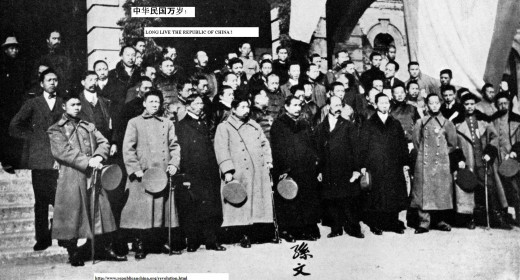
Revolution and Republic
The revolution which overthrew the 2100-year-old empire of the Middle Kingdom began by mistake.It was rigged affair that caught fire province by province.That it unseated the system which had survived so many challenges over the millennia was a reflection of the fragility of the central power,the strength of regional interests and the depth of the feeling that China had to change its ways.
Even before Puyi,the last emperor,abdicated at the age of five,a republic was proclaimed and the leading revolutionary theorist,Sun Yat-sen-who would become known as the Father of the Republic-was elected president.Lacking authority,he soon handed over to a military strongman.An experiment with a quasi-democratic legislative election ended in the assassination of the leader of the victorious party.Within a year of the end of the empire,China was beck on a path of autocratic rule,initially from Beijing but then fragmented among regional warlords,some ruling domains the size of several European countries.
After a decade of anarchy on a national scale,Sun`s heirs in the Guomindang movement led an army to unify the country,in alliance with the nascent Communist Party.This united front ended in "White Terror",as the Guomindang Nationalists set out to establish one-party rule that never met expectations.
There was neither a social nor economic revolution.The gentry,which had been steadily accreting power since the middle of the 19th century,overthrew the empire to buttress its own position.The warlords were were seriously reactionary.Force became the ultimate arbiter of politics ,setting a pattern that persisted through the century..For the mass of the people,particularly in the countryside ,life went on much as before,even if recurrent civil wars ,large and small,instilled a new level of violence.The empire was gone,but the system which emerged to replace it was weak and did not connect with most of the population.Revolution,as a leading writer,Lu Xun ,remarked,"is a bitter thing".Nowhere more than in China as the decades after the fall of the empire would show.
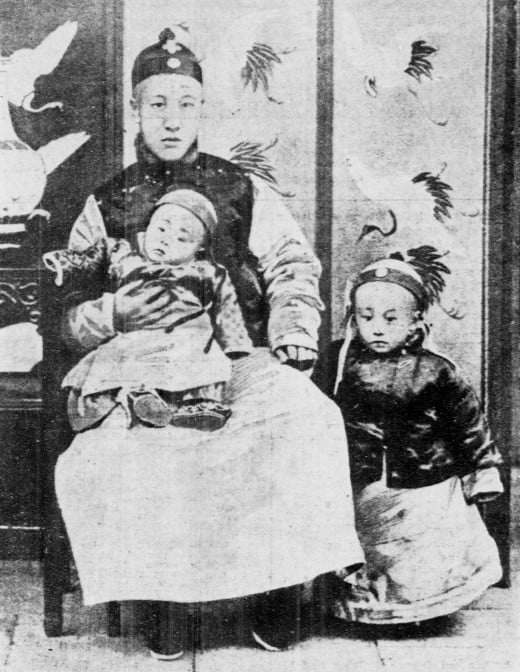
Watch Movie

Movie 1911
Celebrate the landmark 100th movie of Jackie Chan s outstanding career in film and re-live the violent and heartbreaking events of The Xinhai Revolution: a bloody uprising that brought the despotic Qing Dynasty crashing to its knees, ending nearly 3,000 years of feudal oppression.
